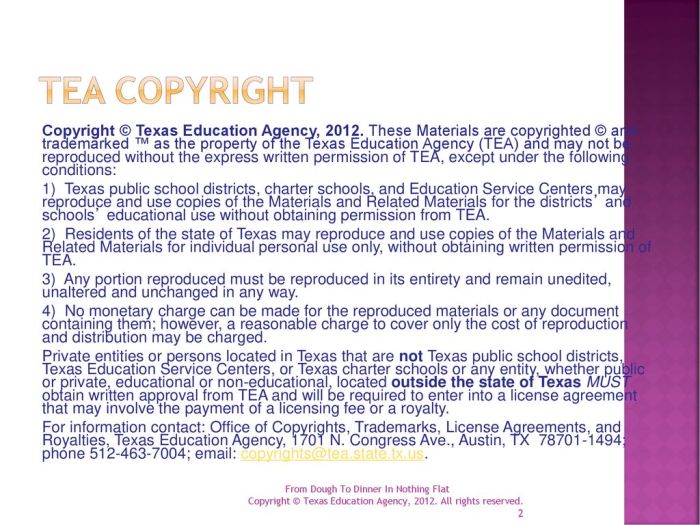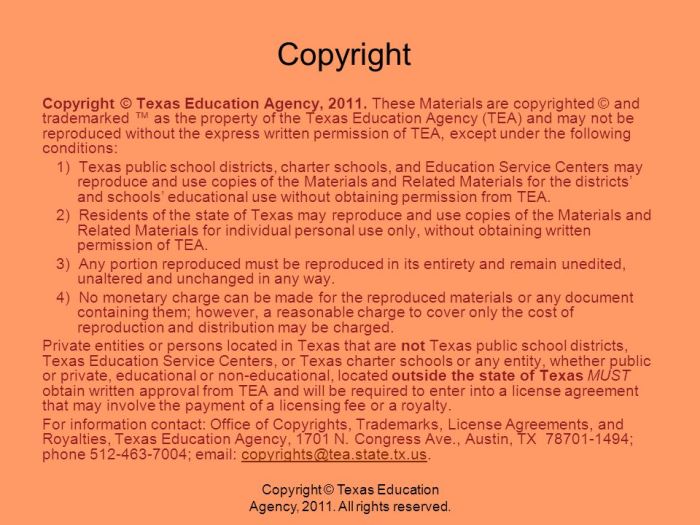Licensing agreements can involve patents trademarks and technical know-how – Licensing agreements, encompassing patents, trademarks, and technical know-how, present a multifaceted landscape for businesses seeking to leverage intellectual property. This article delves into the intricacies of these agreements, exploring their types, benefits, and legal implications.
From the exclusive rights granted by patents to the brand recognition conferred by trademarks, licensing agreements offer a range of strategic options for businesses. Understanding the nuances of these agreements is crucial for maximizing their value and mitigating potential risks.
1. Licensing Agreements
An Overview
Licensing agreements are legal contracts that allow one party (the licensor) to grant another party (the licensee) the right to use their intellectual property (IP), such as patents, trademarks, or technical know-how, for a specific purpose and period of time.
There are different types of licensing agreements, including:
- Exclusive licenses: Grant the licensee the exclusive right to use the IP.
- Non-exclusive licenses: Allow multiple licensees to use the IP.
- Sole licenses: Grant the licensee the exclusive right to use the IP for a specific purpose or territory.
2. Patents and Licensing Agreements
Patents can be licensed to allow others to use the patented invention. This can be beneficial for both the licensor and licensee.
Benefits for the licensor:
- Generate revenue from the patent.
- Increase the visibility of the invention.
- Encourage innovation by sharing the technology with others.
Benefits for the licensee:
- Gain access to patented technology without having to invest in research and development.
- Avoid potential infringement lawsuits.
- Enhance their product or service offerings.
Potential drawbacks:
- Loss of control over the invention.
- Reduced exclusivity in the market.
- Potential for disputes over royalties and other terms.
3. Trademarks and Licensing Agreements

Trademarks can be licensed to allow others to use the mark in their products or services.
Advantages:
- Increase brand recognition.
- Generate revenue from the trademark.
- Expand the reach of the trademark into new markets.
Disadvantages:
- Loss of control over the trademark.
- Potential for damage to the trademark if it is not used properly.
- Legal complexities in enforcing the trademark.
4. Technical Know-How and Licensing Agreements
Technical know-how refers to confidential and proprietary information that gives a company a competitive advantage.
Technical know-how can be licensed to allow others to use this information.
Importance of protecting technical know-how:
- Prevents competitors from gaining access to valuable information.
- Maintains the company’s competitive edge.
- Protects the company’s investment in research and development.
5. Negotiating Licensing Agreements

Key steps:
- Identify the parties involved and their objectives.
- Determine the scope of the license, including the IP being licensed and the rights granted.
- Negotiate the terms of the agreement, such as royalties, duration, and termination.
- Ensure that the agreement is legally binding and protects the interests of both parties.
Tips for successful negotiation:
- Be prepared and understand the value of the IP being licensed.
- Consider the long-term implications of the agreement.
- Seek legal counsel to ensure that the agreement is fair and enforceable.
6. Enforcing Licensing Agreements: Licensing Agreements Can Involve Patents Trademarks And Technical Know-how

Legal remedies:
- Injunctions to prevent further infringement.
- Damages to compensate for losses caused by the infringement.
- Specific performance to force the licensee to comply with the terms of the agreement.
Importance of compliance:
- Protects the licensor’s IP rights.
- Ensures that the licensee is using the IP in accordance with the terms of the agreement.
- Avoids disputes and potential legal action.
Common disputes:
- Breach of contract.
- Infringement of IP rights.
- Disputes over royalties or other payments.
General Inquiries
What is the purpose of a licensing agreement?
A licensing agreement allows one party (the licensor) to grant another party (the licensee) the right to use, manufacture, or distribute the licensor’s intellectual property.
What are the different types of licensing agreements?
There are various types of licensing agreements, including exclusive, non-exclusive, and sole licenses. Exclusive licenses grant the licensee the sole right to use the intellectual property, while non-exclusive licenses allow multiple licensees to use the property.
What are the benefits of licensing patents?
Licensing patents can generate revenue, expand market reach, and foster collaboration with other businesses.